Description
The purpose of The Electrical Engineering Handbook is to provide a comprehensive reference work covering the broad spectrum of electrical engineering in a single volume. It is
written and developed for the practicing electrical engineers in industry, government, and academia. The goal is to provide the most up-to-date information in classical fields of circuits, electronics, electromagnetics, electric power systems, and control systems, while covering the emerging fields of VLSI systems, digital systems, computer engineering, computeraided design and optimization techniques, signal processing, digital communications, and communication networks.
View more
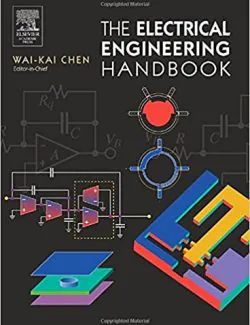
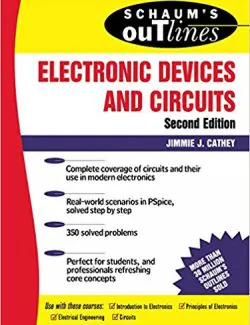
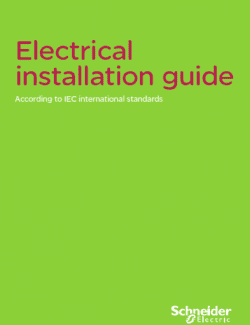
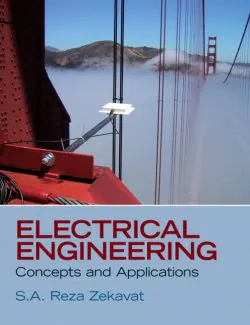

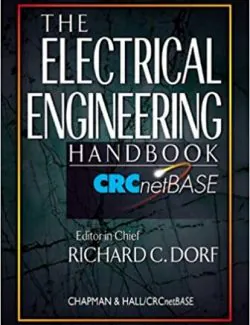
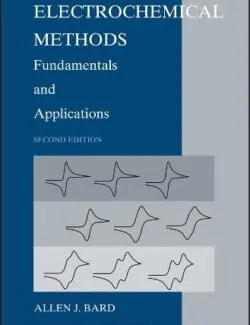
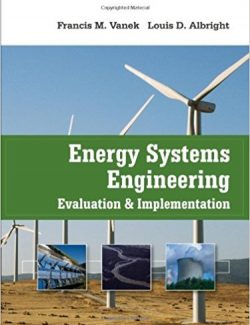
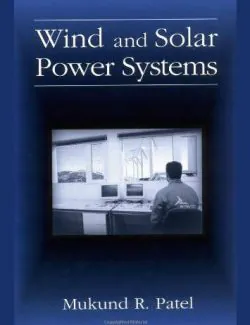

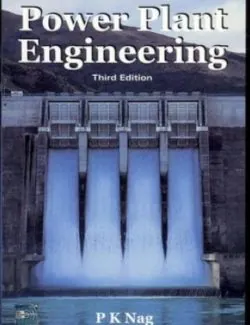
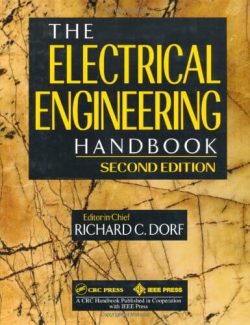

Leave us a comment
No Comments